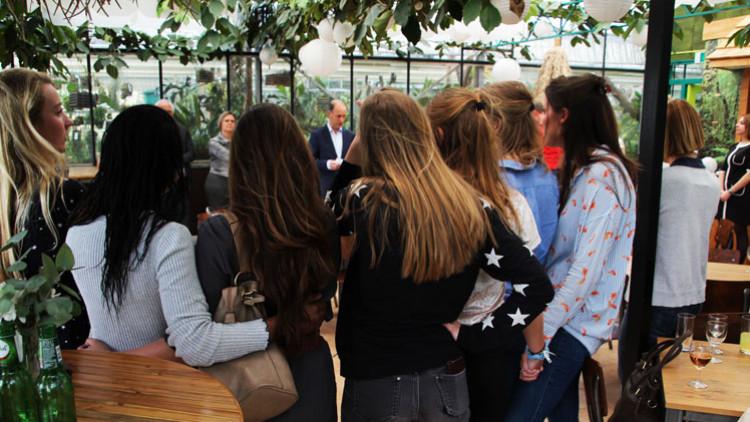Election Office decides: elections will be held before summer

UU students will be able to choose their new representatives in the university council in the first week of June, the Central Election Office decided this week. Student parties in the council had differing opinions about whether or not the elections should take place in times of corona.
Between June 2 and June 4, all UU students will be able to cast their votes - online - on the students they feel should be in the university council and faculty councils to represent them. No elections are planned this year for the staff members of the councils, but employees at the faculties of Science, Humanities, Geosciences, and the Corporate Office will still have to vote, as there are vacancies in their faculty- and department councils.
Wit this decision, the Election Office has effectively ended the discussion between student parties in the university council. The discussion had erupted after the voting moment of late April was postponed and the university board proposed organising the elections after the corona measures have come to an end.
All parties stressed that they would prefer to hold the elections this academic year, but as the corona measures were extended, that seemed less and less like a viable option. For that reason, the Executive Board proposed that the current council members would stay on next year as well, or appoint interim members instead. Not an appealing plan.
Three of the four student parties (Lijst Vuur, De Partij voor de Utrechtse Student, and De Vrije Student) said they preferred not to hold elections at all if students weren’t allowed back at the university until summer. In their opinion, it would be better to continue with the current seat distribution, with parties being allowed to appoint new candidates.
However, the smallest student party, UUinActie, felt that it would indeed be possible to hold elections before the summer. Voting had always been done online anyway, and now, the campaign would simply have to move online as well. This opinion found some support amongst the staff members in the University Council.
According to Vuur, PvdUS, and De Vrije Student, campaigning online would lead to a lower turnout at the elections. Moreover, it could lead to ‘a game of which party has the most money to pump into an online campaign and who’s the best-known name,” they wrote in an opinion piece published on DUB.
This week, the National Election Office (CSB) made a final decision. In its motivation, the CSB stated that it had considered the proposal from Vuur, PvdUS, and De Vrije Student of not holding elections at this time. It refers to a response to that plan by the university board. In times of crisis, it’s especially important that constituents are allowed to cast their votes, and appointing one’s own successors would be simply unlawful.
The CSB also thinks that students and employees have gotten used to staying in touch with each other and with the university online. Moreover, experiments with digital elections are said to have been successful at other universities.
The National Election Office acknowledges that finding candidates online and campaigning online may come with disadvantages. These might be mitigated if the university offers support, for instance in creating websites and sending emails.
The CSB concludes: “Democracy benefits more from elections with low turnouts than with elections after the summer.”